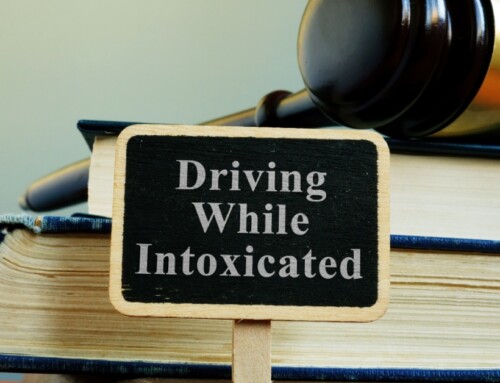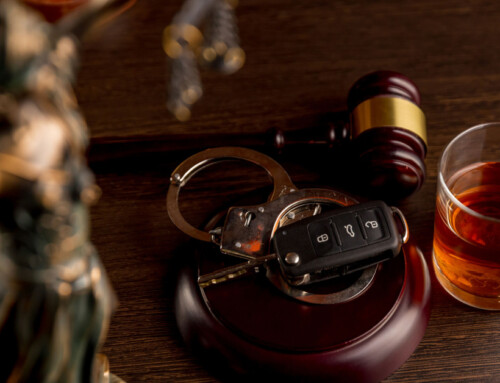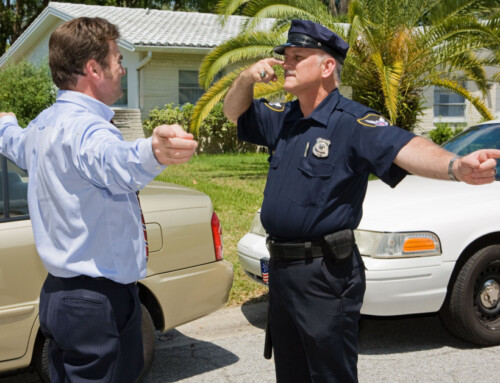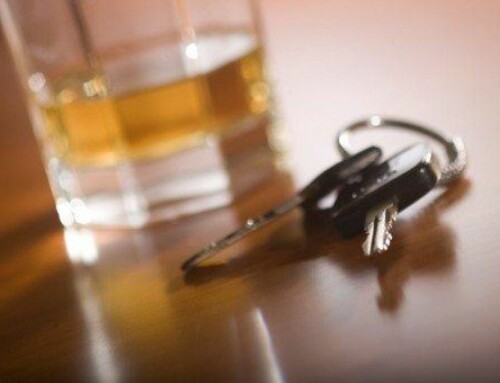When you get pulled over for drunk driving in South Carolina, the officer will typically ask you to take a breath test. What the officer might not tell you, however, is that you may actually be required to take the breath test under South Carolina’s implied consent law.
South Carolina’s implied consent law plays an important role in drunk driving cases. If you comply with the law, the police will have a record of your blood alcohol concentration (BAC)—and if your BAC is over the legal limit, prosecutors can use it against you in court. If you refuse the breath test, you can be charged with an implied consent violation (in addition to DUI), and prosecutors can use your refusal against you in court as well.
South Carolina’s Implied Consent Law: An Overview
But, while drivers in South Carolina are required to take a breath test in most cases, there are some exceptions. Additionally, regardless of whether you take the breath test or refuse, you will still have defenses available. As a result, it is important to clearly understand how the law’s requirements apply to your case—and how you can use the law to your advantage.
With this in mind, let’s take a look at South Carolina’s implied consent law. Located in Section 56-5-2950 of the South Carolina Code of Laws, the implied consent law states:
“A person who drives a motor vehicle in [South Carolina] is considered to have given consent to chemical tests of the person’s breath, blood, or urine to determine the presence of alcohol . . . if arrested for an offense arising out of acts alleged to have been committed while the person was driving a motor vehicle while under the influence of alcohol . . . . At the direction of the arresting officer, the person first must be offered a breath test to determine the person’s alcohol concentration.”
The implied consent law then goes on to explain the requirements for administering a breath test:
“A breath sample taken for testing must be collected within two hours of the arrest. . . . The breath test must be administered by a person trained and certified by the South Carolina Criminal Justice Academy, pursuant to SLED policies. Before the breath test is administered, an eight one-hundredths of one percent simulator test must be performed, and the result must reflect a reading between 0.076 percent and 0.084 percent.”
As you can see, while South Carolina’s implied consent law establishes requirements for drivers, it also establishes requirements for the police. If the police do not meet all of these requirements, you may be justified in refusing the breathalyzer, and you may not be guilty of an implied consent violation.
Along with the requirements to offer a breath test (as opposed to first requesting a blood or urine sample), administer the breath test within two hours of arrest, and administer the test according to SLED policies, the police must also provide certain information both written and verbally—and they must do so on video. The implied consent law states that “upon activation of the [officer’s] video recording equipment and prior to the commencement of the testing procedure,” the officer must inform the driver that:
- The driver does not have to take a chemical test, but failure to do so will result in at least a six-month driver’s license suspension;
- If the driver refuses chemical testing, the refusal may be used against the driver in court;
- If the driver takes the breath test and blows a 0.15% BAC or above, the driver’s license will immediately be suspended for a minimum of one month;
- The driver has the right to have “a qualified person of the [driver’s] own choosing” conduct an independent chemical test;
- The driver has the right to request a contested case hearing within 30 days of the issuance of a notice of driver’s license suspension; and,
- If the driver does not request a contested case hearing or the driver’s suspension is upheld during a hearing, the driver will be required to enroll in an Alcohol and Drug Safety Action Program.
If you get pulled over for drunk driving, and your arresting officer does not meet any of these requirements, your defense lawyer may be able to use this to protect you. This includes not only protecting you against an implied consent violation (and losing your driver’s license), but also protecting you against prosecutors using your refusal in court.
What Happens if You Violate South Carolina’s Implied Consent Law?
But let’s say the police met all of the implied consent law’s requirements, and you refused a breath test on the side of the road. What does this mean for your case if you violated South Carolina’s implied consent law?
Most immediately, it means that you need to request a hearing to try to protect your driver’s license. If you do nothing, your driver’s license will most likely be suspended for six months (assuming this is your first offense). If you request a hearing, your lawyer may be able to protect your license; at the very least, you may be able to protect your ability to drive by enrolling in South Carolina’s Ignition Interlock Device Program.
Even more important, it means that you will need to figure out how to address your refusal during your DUI case. South Carolina’s pattern jury instructions state that jurors “may give whatever weight [they] wish to any refusal.” So, while prosecutors will try to use your refusal as evidence that you knew you were driving drunk, you may be able to overcome this tactic by providing a justification for your refusal.
Discuss Your Case with North Charleston DUI Lawyer Rad S. Deaton
If you need to know more about South Carolina’s implied consent law and how it impacts your drunk driving case, we encourage you to contact us promptly. To request a free initial consultation with North Charleston DUI lawyer Rad S. Deaton, call 843-225-5723 or message us today.






